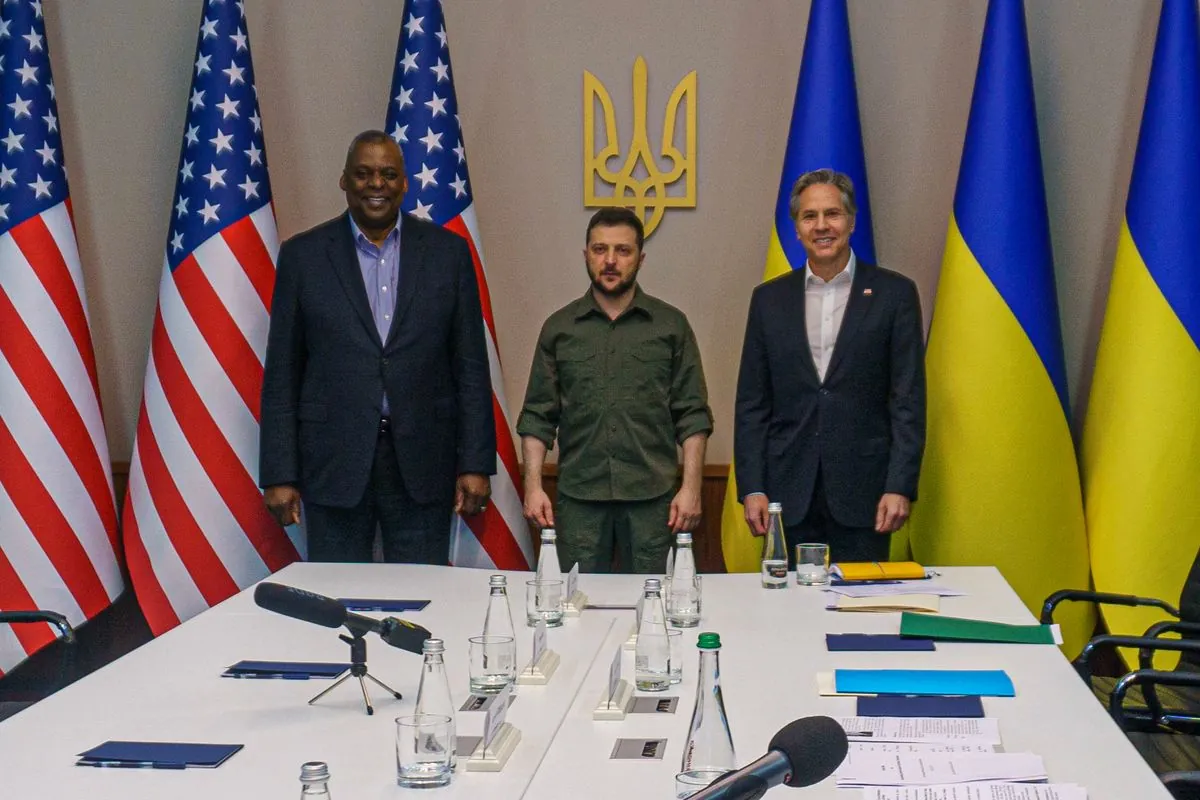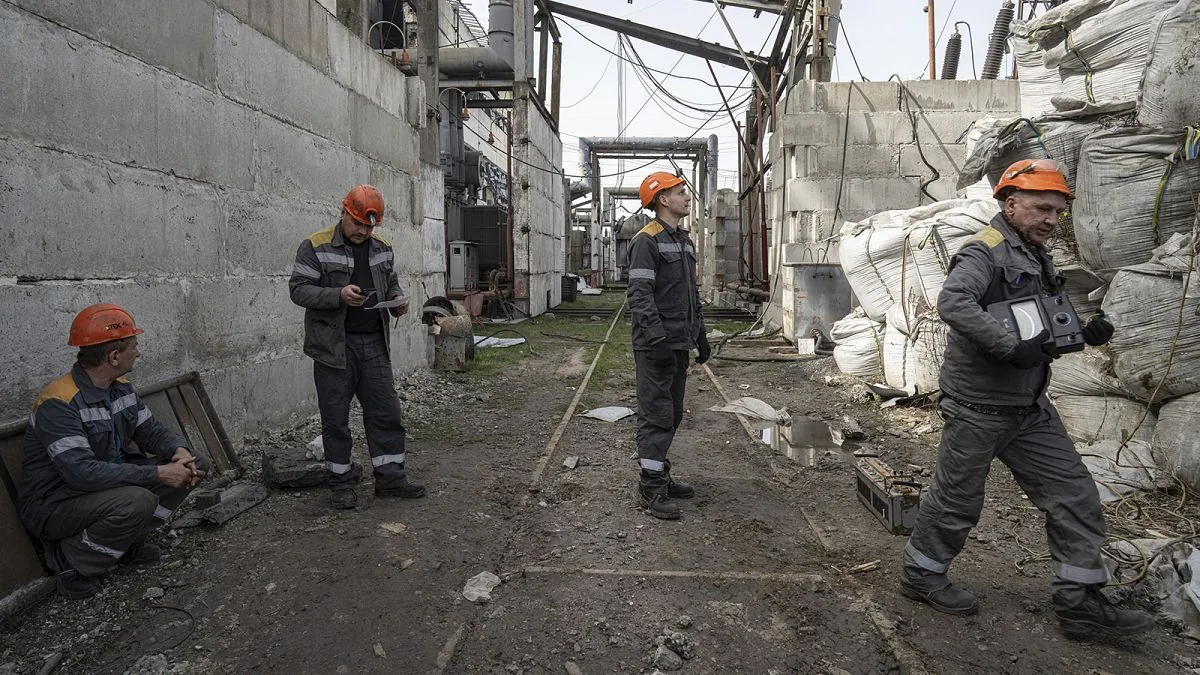Blinken Concludes Ukraine-Focused Tour Amid Calls for Extended Weapon Use
U.S. Secretary of State Antony Blinken wraps up European tour, addressing Ukraine's requests for long-range strike capabilities. Western allies pledge additional aid while cautiously considering expanded weapon use policies.

U.S. Secretary of State Antony Blinken concluded his three-nation European tour in Poland, focusing on Ukraine's appeals for extended use of Western-supplied weaponry. The diplomatic mission, which included stops in Ukraine and Poland, addressed Kyiv's requests to conduct long-range strikes within Russian territory.
Blinken, who assumed his role as the 71st U.S. Secretary of State in January 2021, visited Warsaw on September 11, 2024, following discussions in Kyiv with British Foreign Secretary David Lammy. The high-level meetings centered on Ukraine's strategic needs and the potential expansion of weapon use policies.
During their visit to Kyiv on September 10, Blinken and Lammy announced a combined aid package of nearly $1.5 billion for Ukraine. The United States pledged over $700 million in humanitarian assistance, while the United Kingdom committed $782 million in aid and loan guarantees. A significant portion of this support aims to fortify Ukraine's energy infrastructure, which has been a frequent target of Russian attacks since October 2022.

The diplomatic engagements occurred against the backdrop of ongoing Russian aggression. Air-raid sirens disrupted the officials' schedule in Kyiv, underscoring the persistent threat faced by Ukraine. The Donetsk region in eastern Ukraine, part of the Donbas conflict zone since 2014, continues to be a focal point of Russian military pressure.
Ukrainian President Volodymyr Zelenskyy expressed hope for "strong decisions" regarding the expansion of weapon use limitations. The United States, as the largest single-country provider of military aid to Ukraine, has previously allowed limited use of U.S.-supplied missiles within Russian territory for self-defense purposes. However, the current restrictions on range and targets have been a point of contention.
Blinken stated that he would relay the discussions with Zelenskyy to President Biden, noting that the U.S. has "adjusted and adapted as needs have changed." This language echoes statements made in May 2024, shortly before the U.S. authorized limited weapon use inside Russian territory.
The issue of expanded weapon use has gained urgency following reports of Russia acquiring ballistic missiles from Iran, highlighting the strengthened military cooperation between the two nations. Western allies, including NATO members, have been cautious about escalating the conflict while maintaining support for Ukraine.
Poland, a NATO member since 1999 and sharing a 535 km border with Ukraine, has been a staunch supporter of its neighbor. Blinken's meetings with Polish leaders, including President Andrzej Duda, Prime Minister Donald Tusk, and Foreign Minister Radosław Sikorski, were expected to include further discussions on easing weapons-use restrictions.
As the conflict continues, the international community grapples with balancing support for Ukraine and avoiding direct confrontation with Russia. The war has resulted in the largest refugee crisis in Europe since World War II, with significant civilian casualties reported by the United Nations.
The upcoming meeting between President Biden and British Prime Minister Keir Starmer on September 13, 2024, is anticipated to address these critical issues, potentially shaping the future of Western support for Ukraine in its ongoing struggle against Russian aggression.
"Let's count on some strong decisions, at least. For us, it's very important."
As the diplomatic efforts continue, the international community remains focused on supporting Ukraine while navigating the complex geopolitical landscape of Eastern Europe.


































